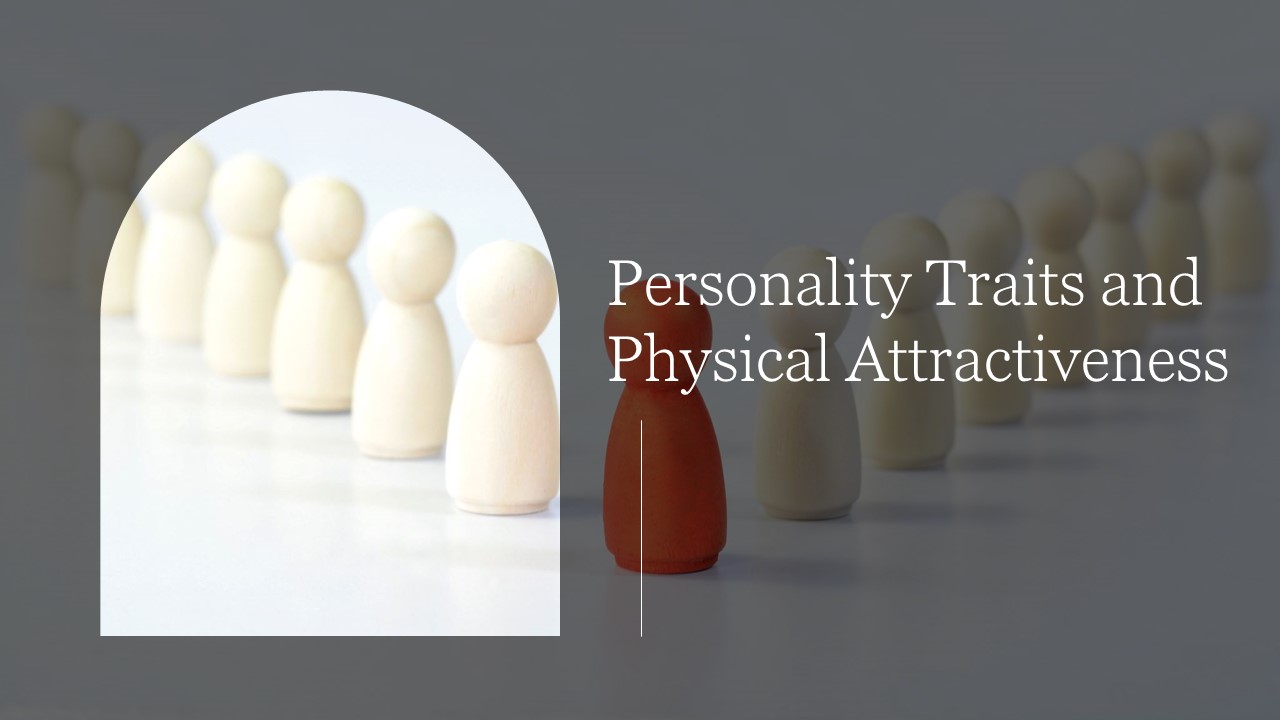We like to talk to and have a relationship with beautiful and physically attractive men and women. Their physical attractiveness is pleasant for interpersonal communication. What is their personality like?
Do pleasant or unpleasant personality traits predispose us to perceive men and women as physically attractive? According to studies, character and personality affect whether we perceive the physical appearance of a partner as attractive or not.
What Do Men and Women Look for in Prospective Mates?
Men and women have their own sexual preferences for physical attractiveness in prospective partners. Other articles on this website have presented a variety of physical attributes that men and women in different cultures look for in their prospective partners.
The evolutionary mate-selection theory asserts that some qualities that attract women and men in potential mates are cross-culturally universal. According to the theory, good-looking physical appearance is more important for men in their judgment of women than it is for women in their judgment of men. And some research findings back up this theory (e.g., Buss et al., 1990; Buss, 1994; Buss & Barnes, 1986).
However, other studies have not been consistent in this regard. It turned out that cultural contexts and other moderating variables produce differential effects (see review in other articles on this website).
As we’ll see below, personality traits are among those.
What Is Beautiful Is Good
It is commonly known that people like others who are beautiful. Besides the obvious immediate and direct importance of physical attractiveness for love, good-looking people often have good character and personality. Or this might be just a stereotype.
Meanwhile, the “what-is-beautiful-is-good” effect (see another article on this website) can explain why physical attractiveness is important (evolutionarily or culturally), suggesting good personality traits in a potential partner, such as dependable character, emotional stability, pleasing disposition, kindness, intelligence, and maturity (Fugère, Madden, & Cousins, 2019; Yela & Sangrador, 2001).
Does Good Character Make Men and Women Physically Attractive?
On the other hand, character and personality also affect whether physical appearance is perceived as attractive. Studies have suggested that the perception of physical attractiveness is contingent on many other contextual factors: positive or negative knowledge, personality characteristics of a person, the context in which they see that person, and so on. Across cultures, wise people say, “Beauty is only skin-deep.”
A series of studies collected the data in several international samples and revealed how the personality characteristics of women affect men’s perceptions of their physical attractiveness when women appeared in various body sizes, weights, and waist-to-hip ratios. In the same way, studies found that the personality characteristics of men affect women’s perceptions of their physical attractiveness (Fugère, Madden, & Cousins, 2019; Swami, Greven, & Furnham, 2007; Swami et al., 2010; Yela & Sangrador, 2001).
These findings demonstrate that beauty is more than just skin-deep. In particular, men who have prior positive knowledge about the personality of a woman perceive her as physically attractive in a wider variety of body sizes. Men who have prior negative knowledge about her personality, on the other hand, perceive her as physically attractive only in a narrower range of body sizes (Swami et al., 2010).
According to other studies, dependable character, emotional stability, pleasing disposition, and kindness also affect positive impressions of physical appearance (Fugère, Madden, & Cousins, 2019; Yela & Sangrador, 2001).
Is Beauty in the Eye of the Beholder?
From the ancient Egyptians, Greeks, and Romans across centuries, multiple scholars and artists have explored many objective qualities of beautiful people, such as symmetry, proportion, harmony, averageness, and others.
Nevertheless, there is strong scientific evidence that the personality of a perceiver also affects their perception of the attractiveness of another person. Some people are personally and culturally predisposed to seeing beauty in its variety, while others are not. Individuals high in the personality trait of Openness to Experience, as well as men high in the trait of Agreeableness, perceive a wider range of men’s and women’s body sizes as attractive. They also tend to idealize a heavier body size among women (Swami, Buchanan, Furnham, & Tovée, 2008).
The physical attractiveness of another person also depends on the perceiver’s state of being. Happiness makes everything beautiful, while depression makes everything worse. Being in romantic love, a person sees others through rose-colored glasses. Beauty is quite subjective and can be pleasantly illusionary. Beauty is in the eyes of the beholder.
As I noted elsewhere,
“we love a partner not because he or she is beautiful; we rather perceive him or her as beautiful because we love them.”
Our love makes them beautiful.
Lovers tend to have positive partner illusions and perceive their beloved as more attractive than others, as well as themselves. Based on the attractiveness of body parts, men and women rate their romantic partners as more attractive than others and themselves. Experience of romantic love and relationship satisfaction make them vulnerable to the love-is-blind bias. However, those who are in long relationships with their partner experience this attractiveness bias much less (Swami, Stieger, Haubner, Voracek, & Furnham, 2009).
